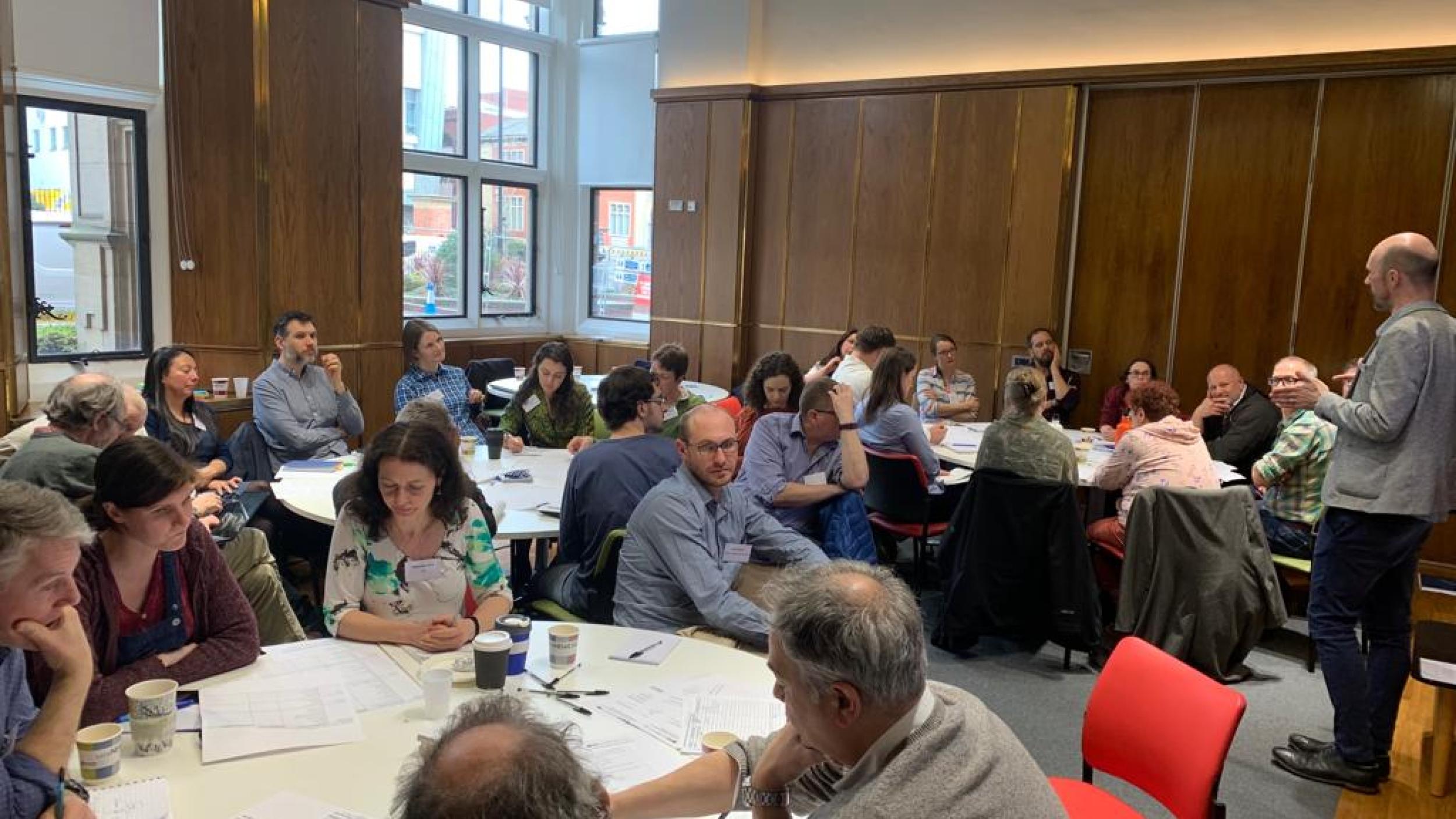
Newcastle University workshop: Defining core outcomes to strengthen and harmonize efforts on peatlands research
Their capacity for long-term carbon storage sets peatlands apart from other ecosystems and means that they play a key role in climate regulation. Healthy peatlands are also critical for water regulation and for hosting unique biodiversity.
While the area of peatlands, the extent of their use – in the past and present – and the efforts to manage and conserve them vary significantly between countries, the research approaches used to collect this data are also extremely varied – both nationally and internationally. In the UK for example, since the 1960s, the horticultural industry has used peat as its preferred growing medium, and as aconsequence, much of the peatlands have reduced carbon storage and sequestration (IUCN, Peatland Code). However, a recent shift in UK policy now recognizes the need to restore and conserve peatlands as the UK’s largest terrestrial carbon store. Problem is, much of the existing research is too divergent to guide policy and practice. While more research is required, to ensure that it is valuable, it must be conducted in a standardized manner to allow for complementarity with other findings and integration into other datasets.
To address this issue, a formative workshop to help Global Peatlands Initiative partners move closer to data harmonization and multidisciplinary research, entitled ‘Developing core common outcomes and reporting standards for peatland research’ was held at Newcastle University on 19th of March 2019. UN Environment (Global Peatlands Initiative) co-hosted the workshop with Newcastle University, IUCN UK Peatland Programme, Department for Environment, Food and Rural Affairs (DEFRA), FAO, Economic & Social Research Council (ESRC), and Natural Environment Research Council (NERC). Led by Prof Mark Reed of Newcastle University, the full day event brought together 32 peatlands researchers and policy-makers from across the UK and five international experts. The workshop advanced in establishing common research questions, data and approaches to strengthen and harmonize efforts on peatland research in the UK and inspire action abroad. Working groups have been established to further fine-tune the core outcome sets, methods and application for other peatland types.
The Global Peatlands Initiative is working to organize similar workshops elsewhere later this year, including in Indonesia and Peru for tropical peatlands, and in Canada for boreal and permafrost peatlands.
Read the full press release from the IUCN UK Peatland Programme here.